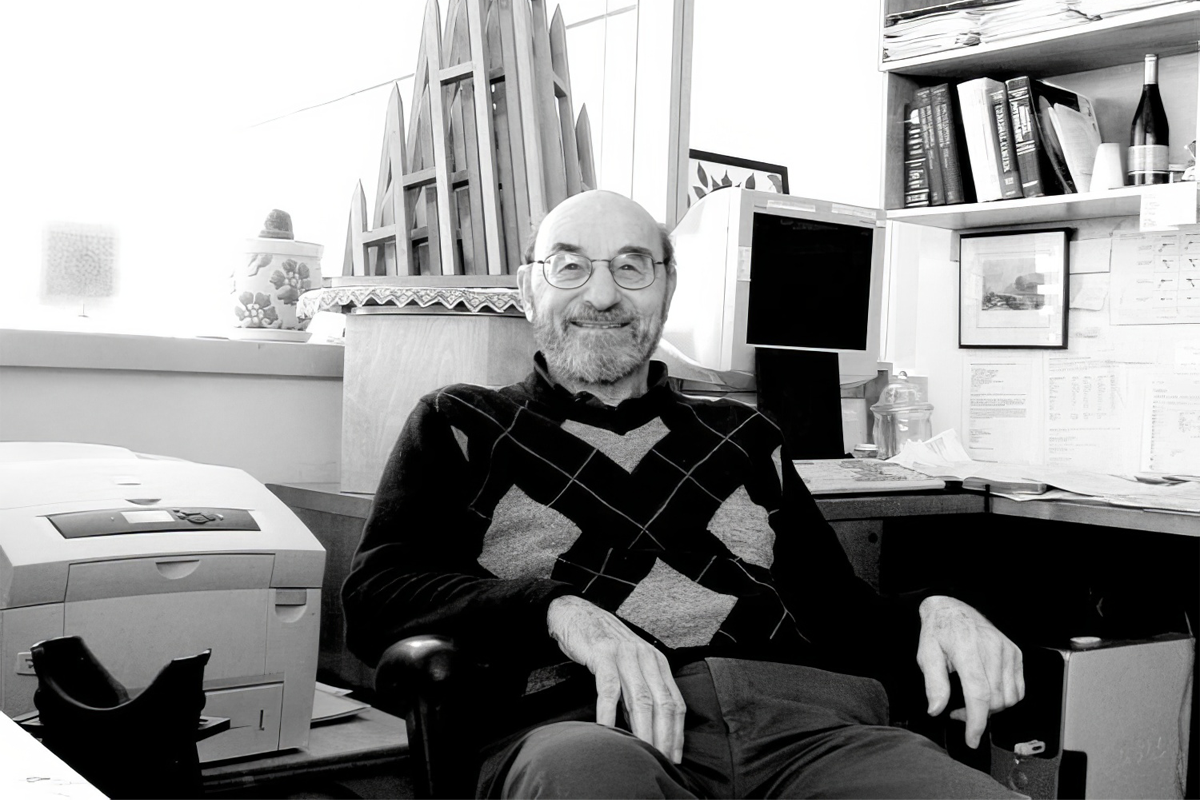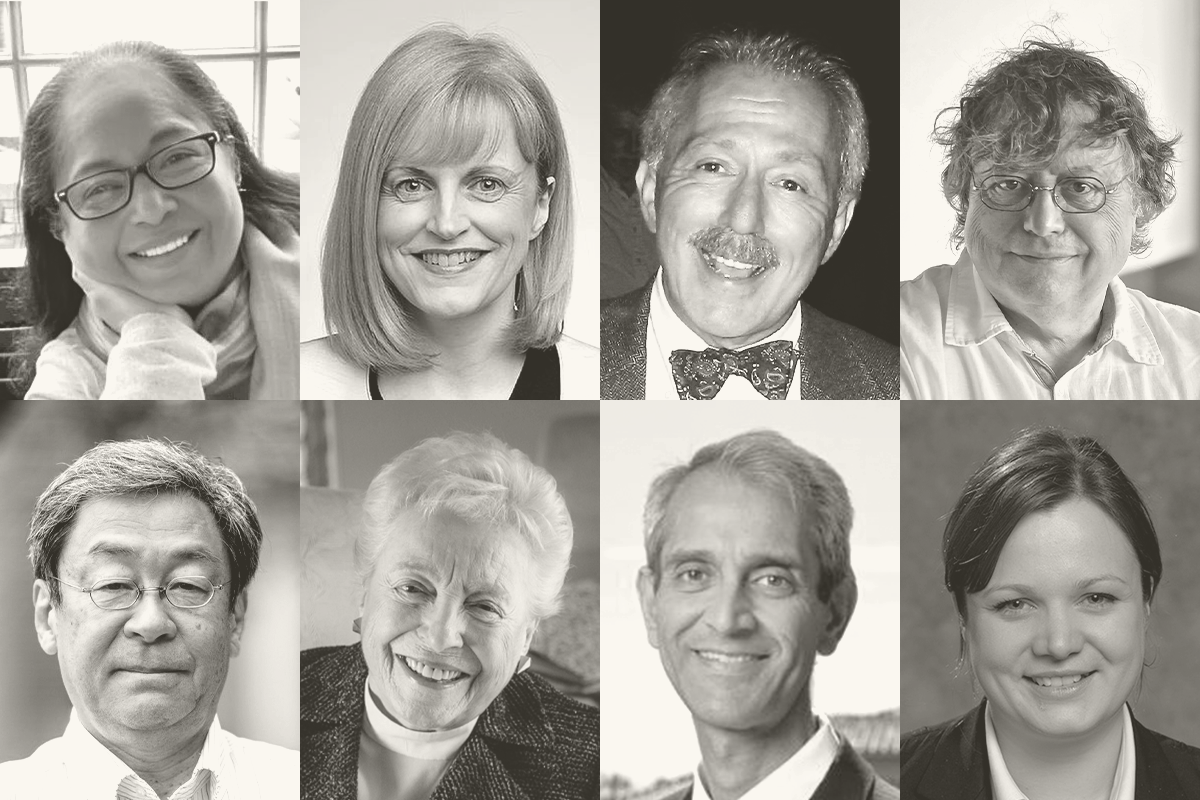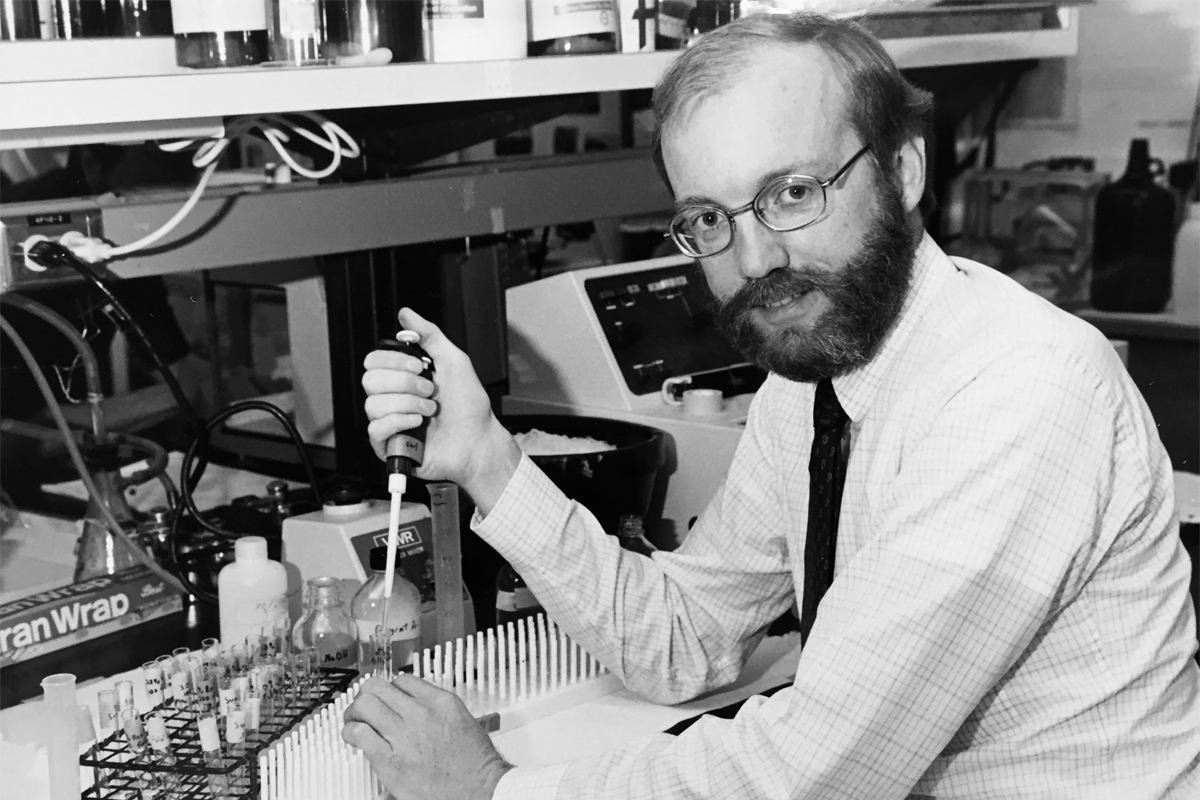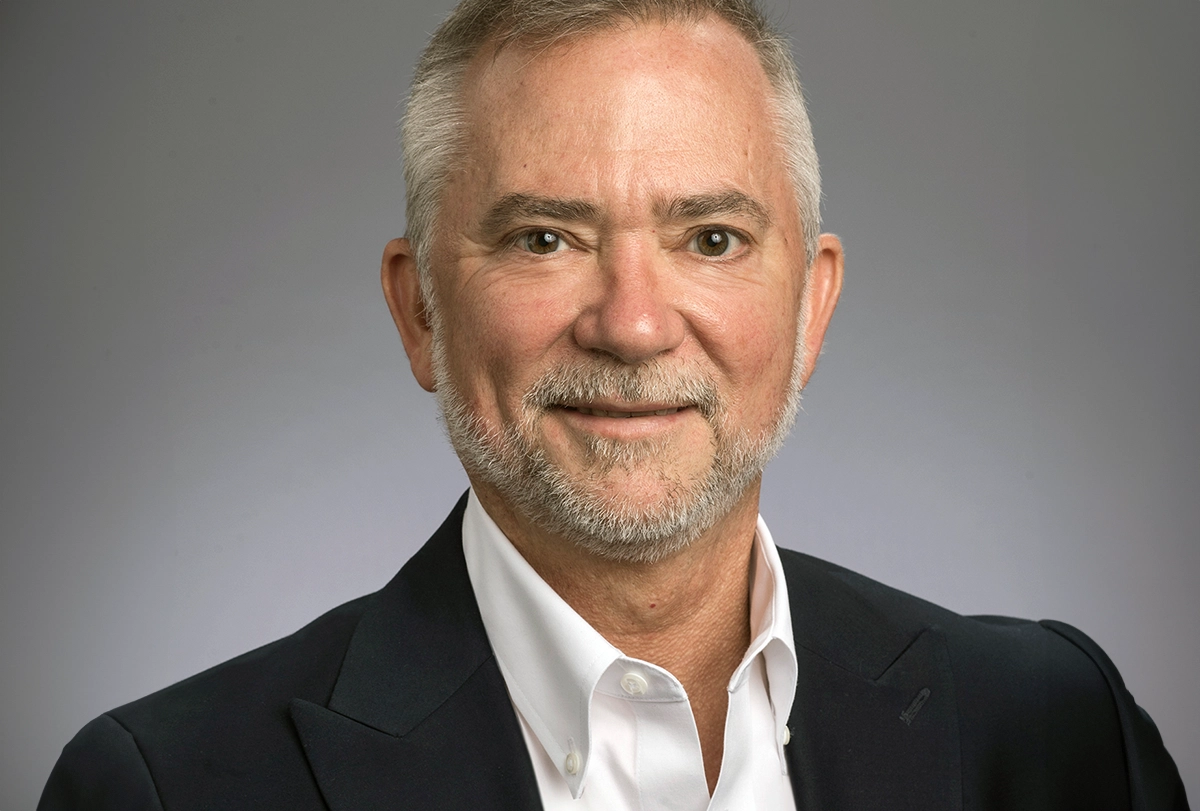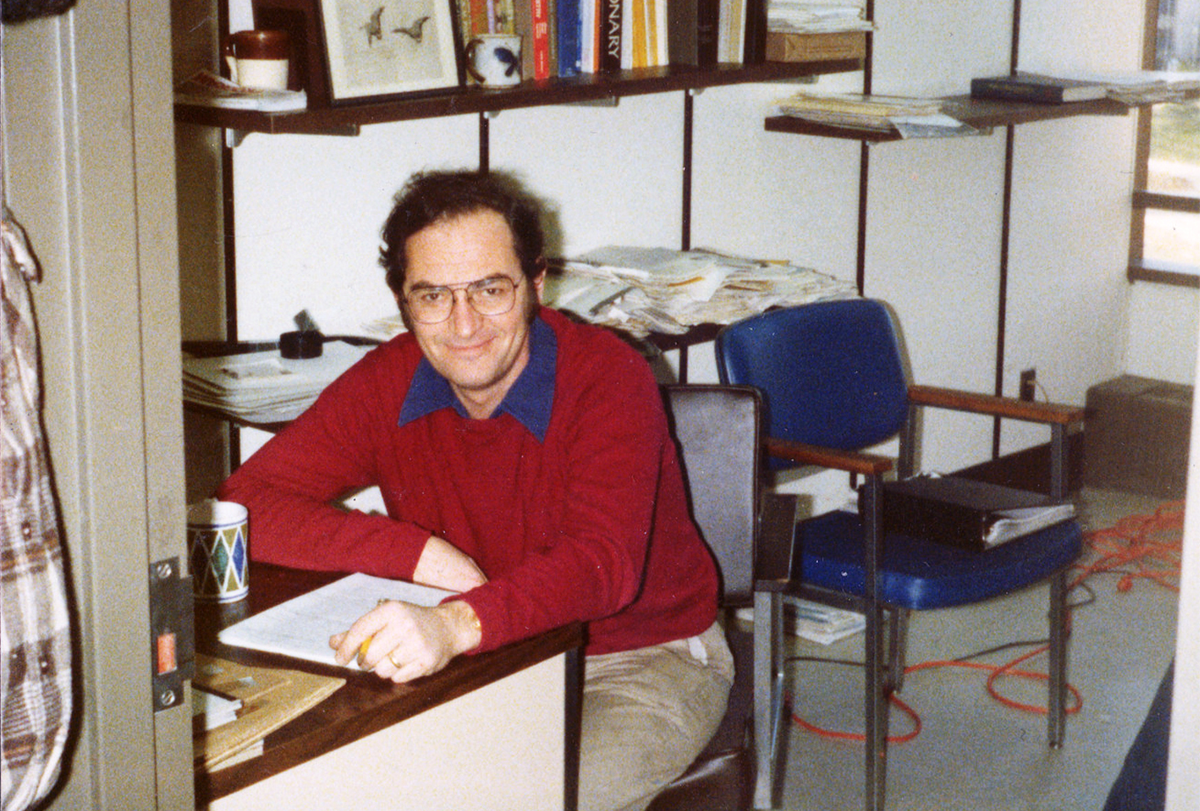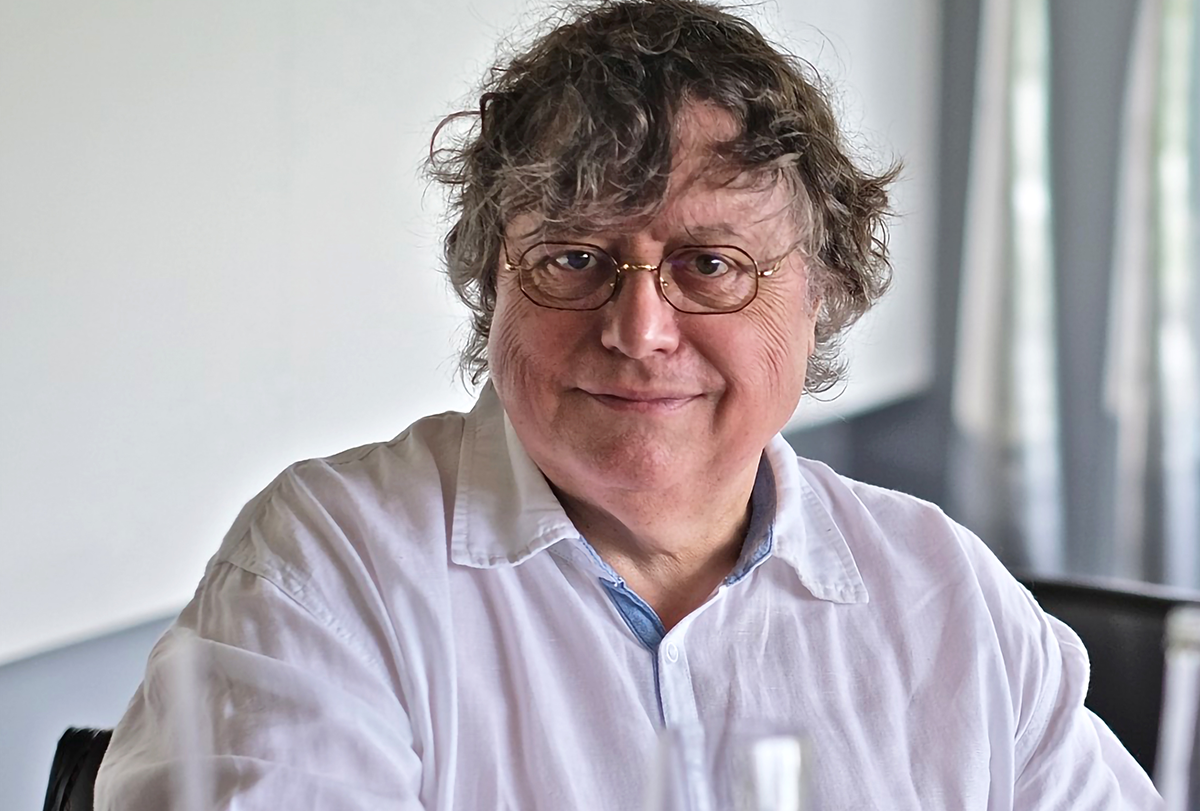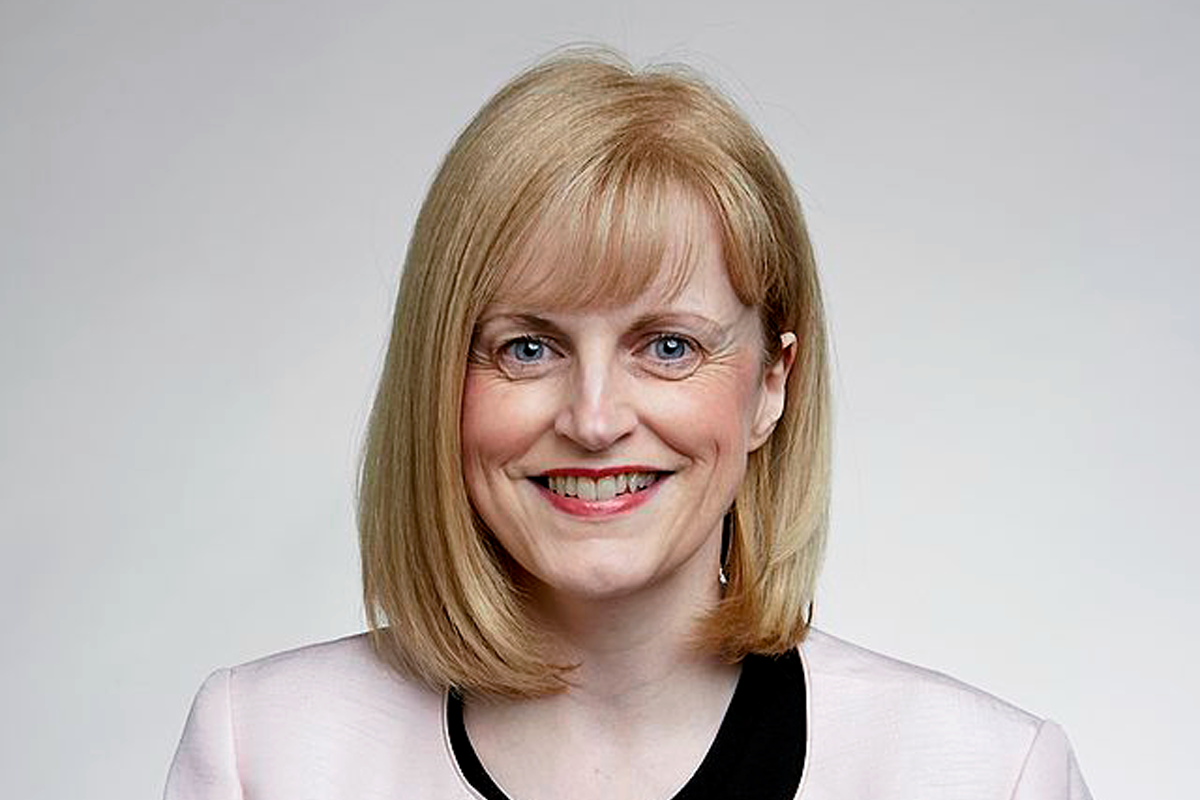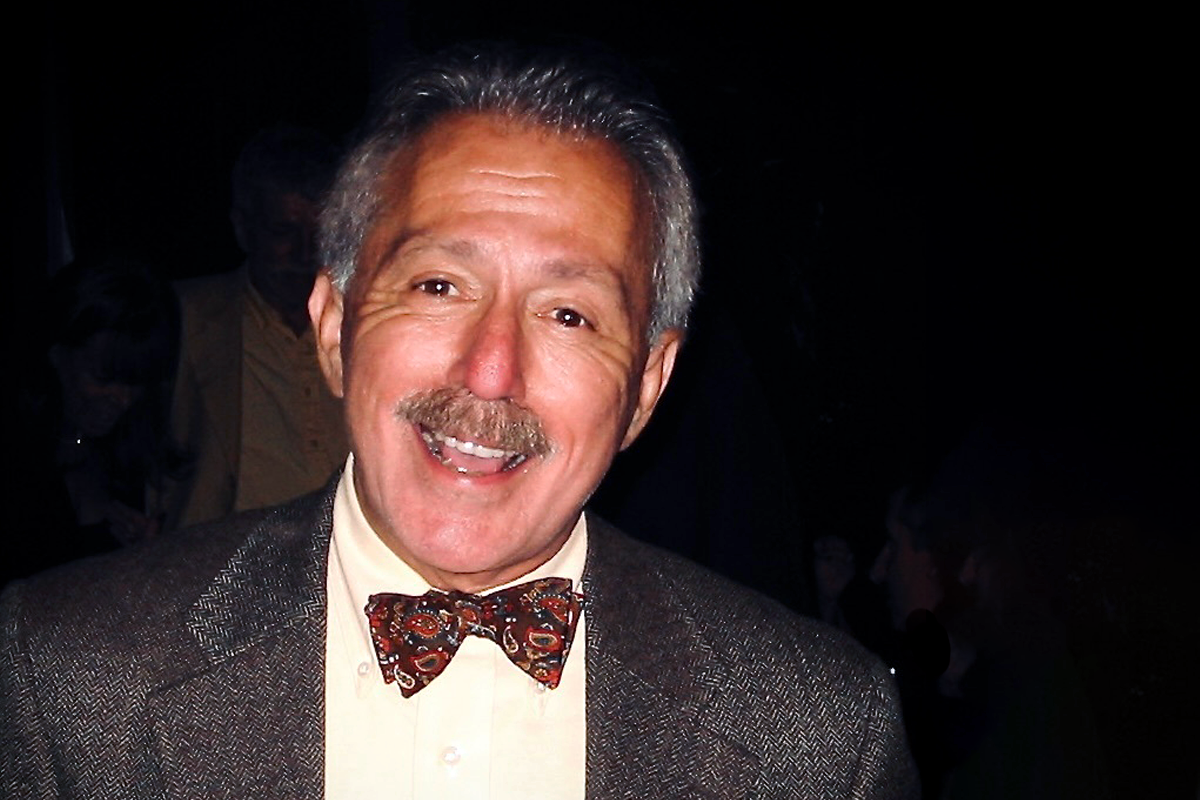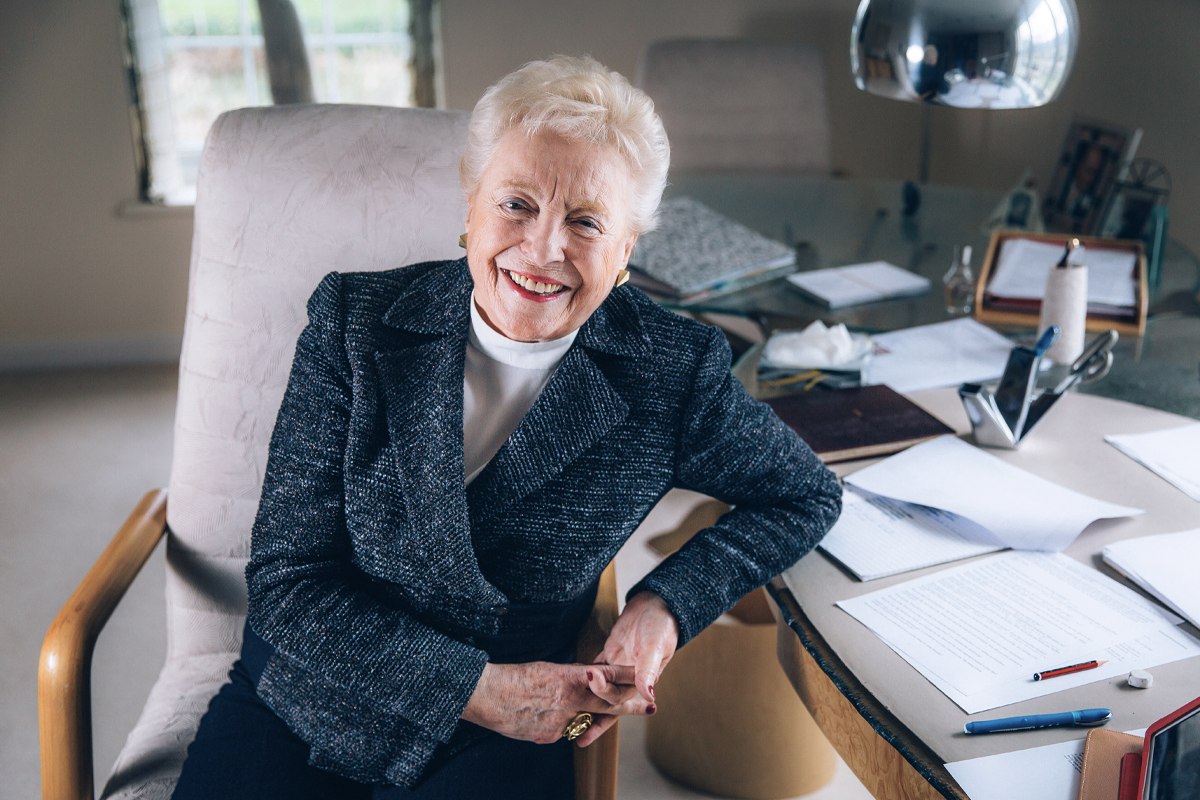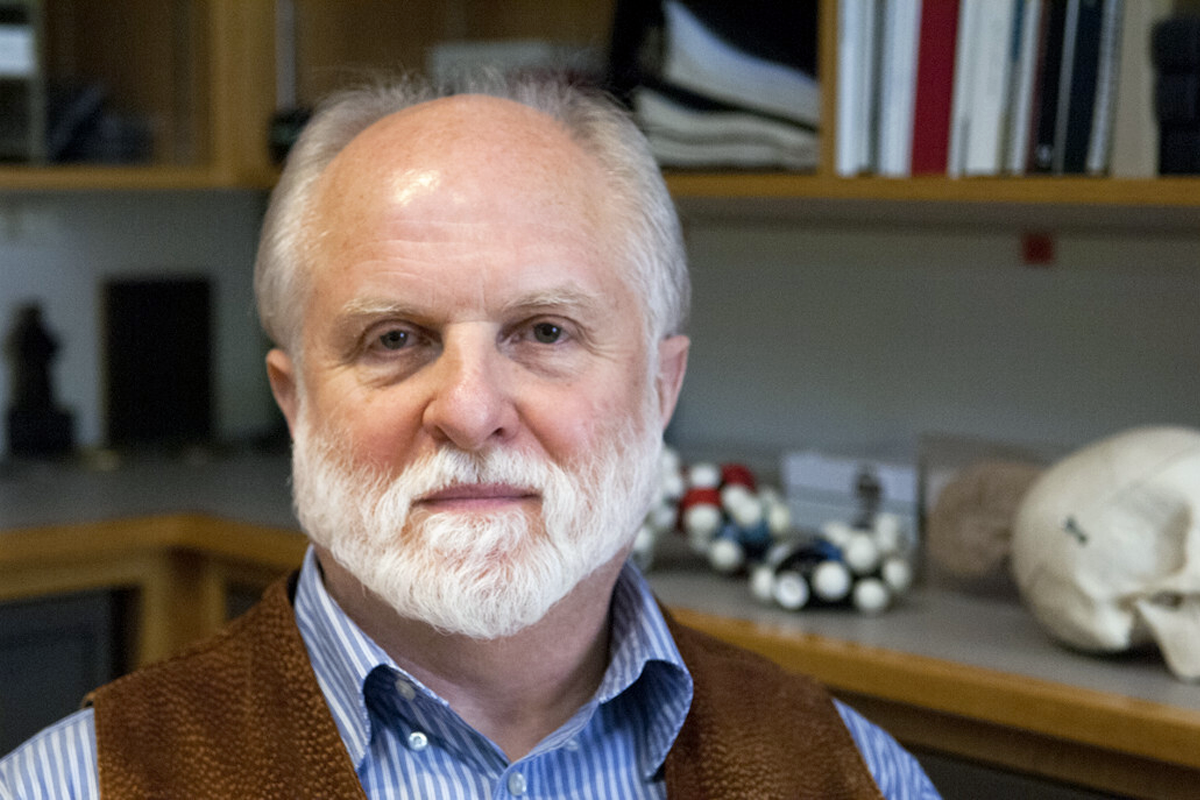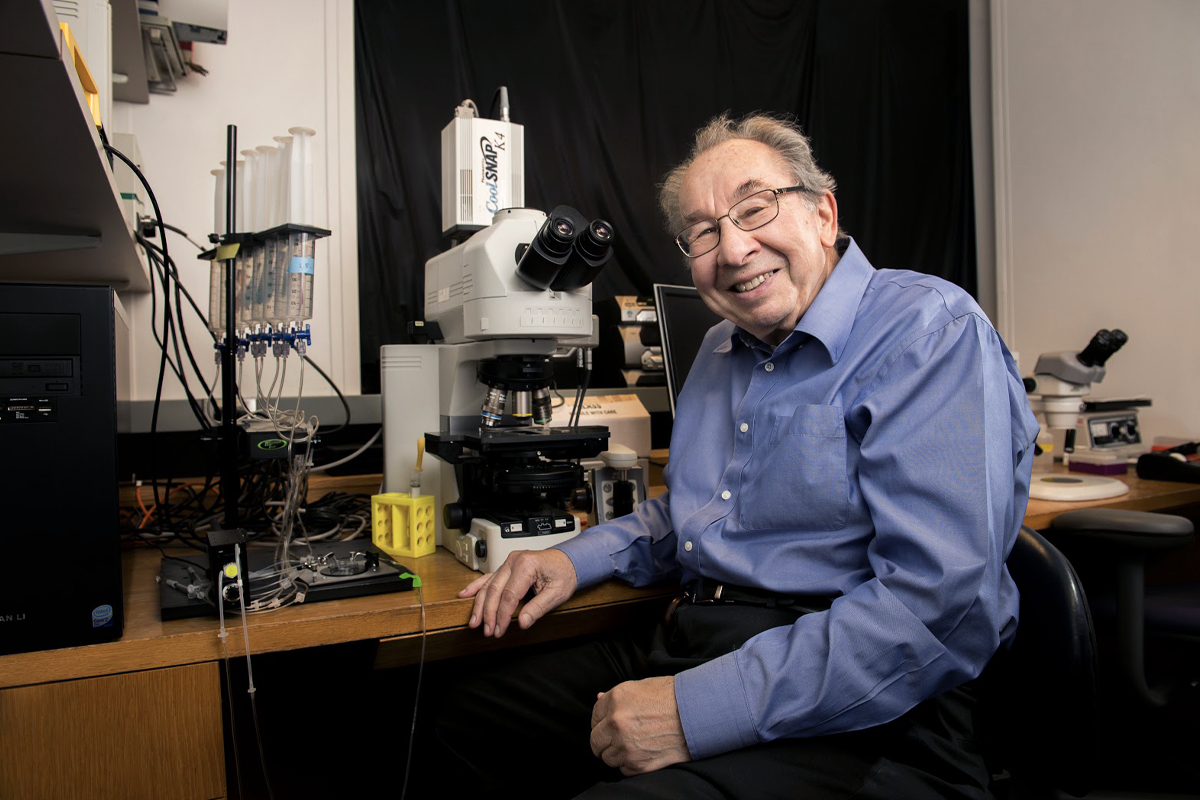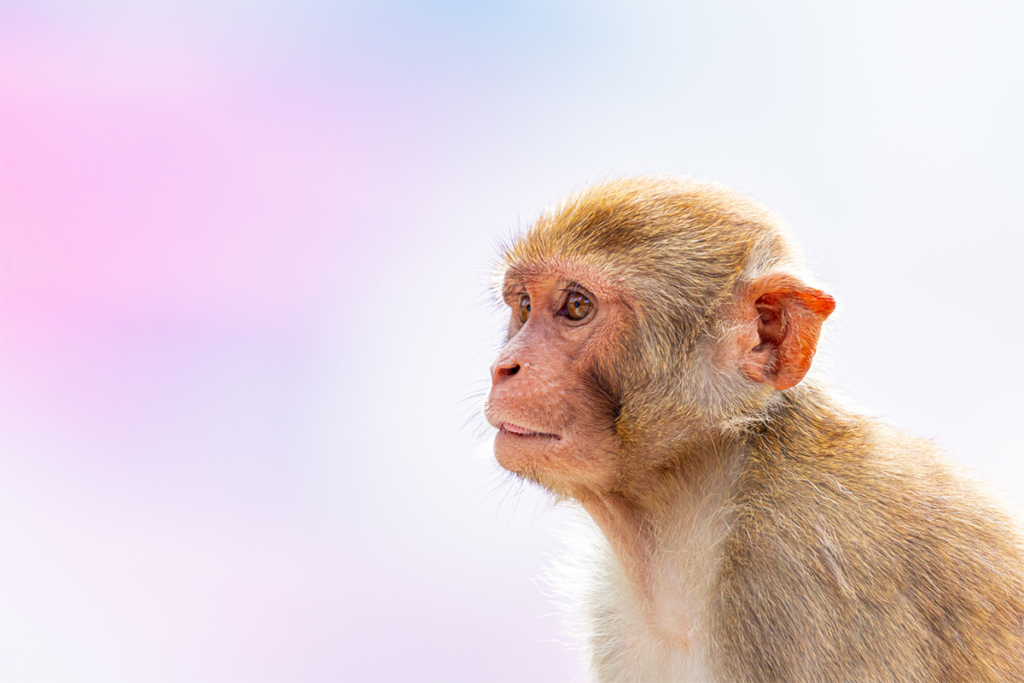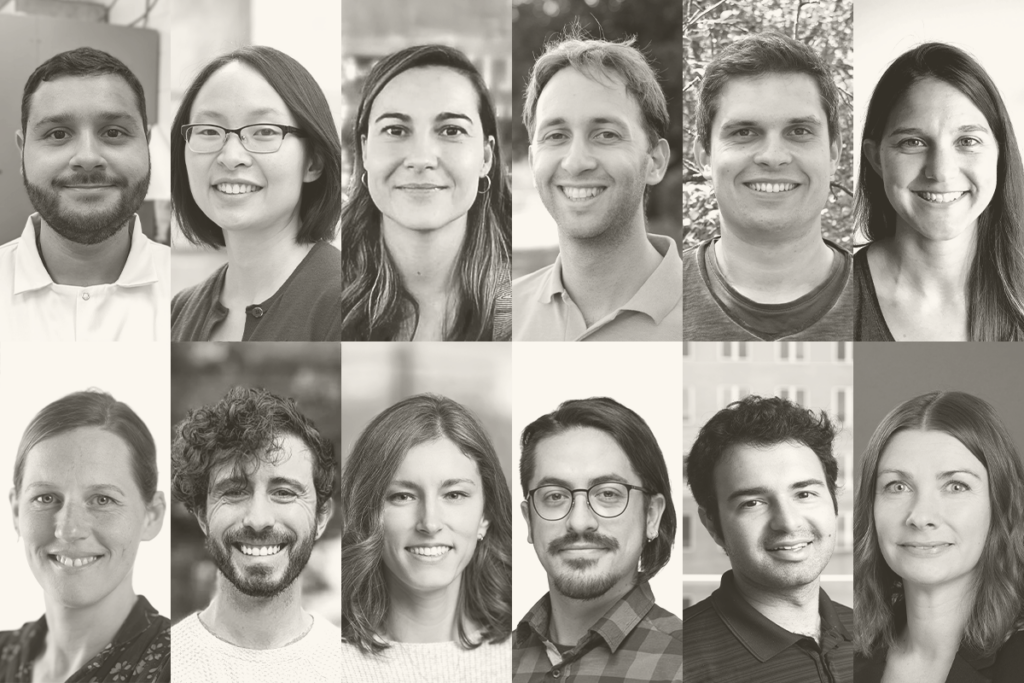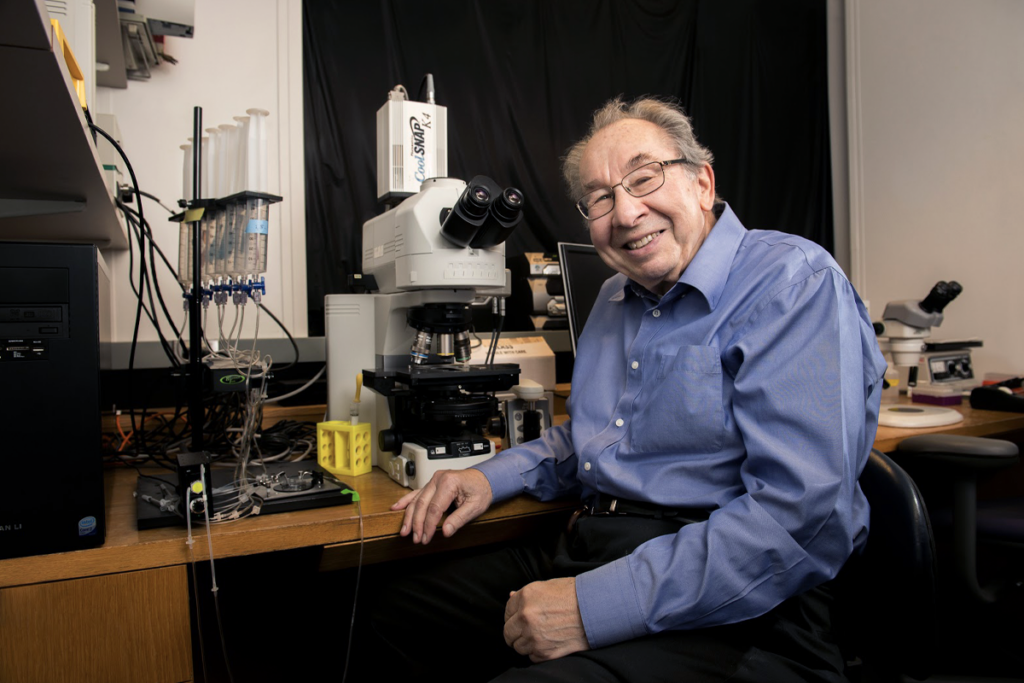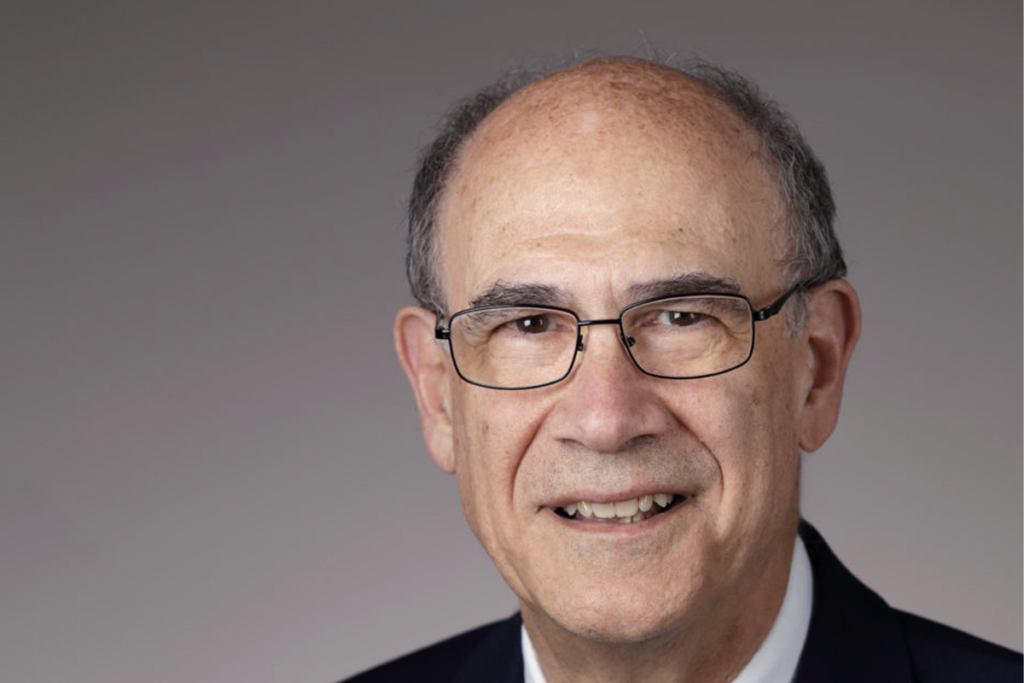Many of the names on this list have long been celebrated in neuroscience. Over the past three years, we lost leaders who solved deep mysteries about the brain and who broke ground in important new lines of work. Krishna V. Shenoy, for instance, developed a novel dynamical systems framework for neural activity and set new standards for brain-computer interfaces. A.D. “Bud” Craig Jr. jump-started the field of interoception; Larry Young revealed the role of oxytocin in social bonding; Harvey Karten, the “great-grandfather” of neuroanatomy, pioneered the study of non-mammal vertebrates; Eleanor Maguire redefined our understanding of human memory; and A. James Hudspeth unraveled how the ear converts sound into electrical signals. Read more about them and other pioneers.
2023
21 January: Krishna V. Shenoy
23 January: Elena Galea
27 May: Robert Skoff
4 July: George Aghajanian
13 July: John G. Nicholls
15 July: A.D. “Bud” Craig Jr.
11 August: Sliman Bensmaia
23 December: Peter Schiller
”
He did everything intensely.
—
Marc A. Sommer, professor of biomedical engineering at Duke University and one of Schiller’s former graduate students
Marc A. Sommer, professor of biomedical engineering at Duke University and one of Schiller’s former graduate students
”
Bill was the smartest person I ever knew. He was an incredible scientist. He was a wonderful writer. He was an amazing speaker. I learned an awful lot from him.
—
Lori Isom, professor of pharmacology at the University of Michigan and a former postdoctoral researcher in Catterall’s lab
Lori Isom, professor of pharmacology at the University of Michigan and a former postdoctoral researcher in Catterall’s lab
”
His impact has been enormous. He brought molecular biology to what we would call non-model organisms, the species that are normally neglected by mainstream science.
—
Steven Phelps, professor of integrative biology at the University of Texas at Austin and Young’s first postdoctoral researcher at Emory University
Steven Phelps, professor of integrative biology at the University of Texas at Austin and Young’s first postdoctoral researcher at Emory University
”
There wasn’t any part of the brain that he hadn’t dabbled in at some point and come up with something interesting, and I think that really sets him apart.
—
Jonathan Erichsen, professor of visual neuroscience at Cardiff University and one of Karten’s former postdoctoral fellows
Jonathan Erichsen, professor of visual neuroscience at Cardiff University and one of Karten’s former postdoctoral fellows
”
I could always go and get really good opinions from him, no matter what question I had.
—
Terrence Sejnowski, professor and laboratory head of the Computational Neurobiology Laboratory at the Salk Institute for Biological Studies
Terrence Sejnowski, professor and laboratory head of the Computational Neurobiology Laboratory at the Salk Institute for Biological Studies
”
She was extremely imaginative in figuring out what one might do, using real-world-type situations, to try to link memory theory to what actually goes on in people as they go around their everyday lives.
—
Michael Rugg, distinguished chair in behavioral and brain sciences at the University of Texas at Dallas
Michael Rugg, distinguished chair in behavioral and brain sciences at the University of Texas at Dallas
7 January: Jerry Silver
8 January: Floyd Bloom
”
He played a really major role in moving neuroscience into its modern form, where many different disciplines are applied to studying the brain.
—
Steve Foote, former director of the Division of Neuroscience and Basic Behavioral Science at the National Institute of Mental Health, and a former postdoctoral fellow in Bloom’s lab
Steve Foote, former director of the Division of Neuroscience and Basic Behavioral Science at the National Institute of Mental Health, and a former postdoctoral fellow in Bloom’s lab
”
She was always very, very curious and also willing to challenge what you were doing.
—
James Cusack, chief executive officer of the charity organization Autistica, founded by Shirley
James Cusack, chief executive officer of the charity organization Autistica, founded by Shirley
”
He had little patience for compromising with a problem. He just went out and solved the problem.
—
Marcelo Magnasco, professor and head of the Laboratory of Integrative Neuroscience at Rockefeller University
Marcelo Magnasco, professor and head of the Laboratory of Integrative Neuroscience at Rockefeller University
”
He didn’t ever want to give up. He never stopped thinking about the next great thing to do.
—
John Hildebrand, professor emeritus of neuroscience at the University of Arizona
John Hildebrand, professor emeritus of neuroscience at the University of Arizona
